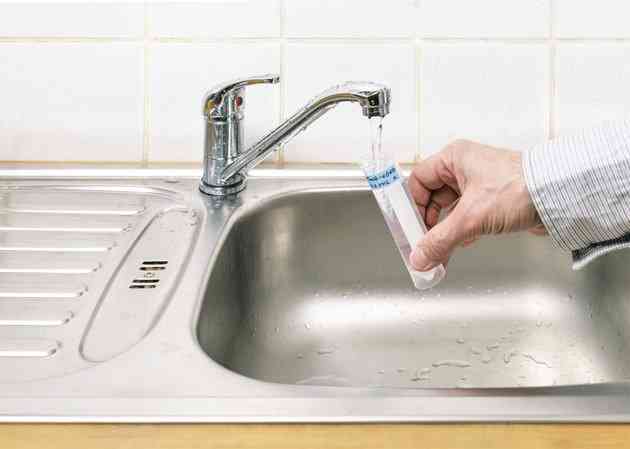How to Increase Protein Levels In Your Blood

There are two major types of protein in your blood -- albumin and globulin. The majority of blood serum protein is albumin, manufactured by your liver and used for healing, tissue growth and to prevent blood from leaking out of your blood vessels. There are three types of globulin, some made from the immune system, others by the liver. Globulins help fight infection and carry minerals, such as iron, throughout your body. You may have low blood serum levels if your diet is low in protein, or if you have liver or kidney disease. Other causes of low blood serum include hormone imbalances, severe skin burns and dehydration.
 Raising blood serum levels may be as simple as eating more iron. (Image: Eising/Photodisc/Getty Images)
Raising blood serum levels may be as simple as eating more iron. (Image: Eising/Photodisc/Getty Images)Step 1
Determine the cause of your low blood protein levels. Your treatment depends on the cause. Often, an underlying illness or health problem needs to be resolved before your blood serum protein levels will increase. Severe burns, skin loss and dehydration cause low protein levels. Levels naturally rise as the body heals, provided you eat a diet that includes complete proteins -- particularly animal proteins that contain all 22 amino acids -- the building blocks of protein. According MSN Today "Animal protein has the complete profile of all the amino acids. Beef, chicken, veal, lamb, port, fish, eggs, are all complete proteins. Eggs are the most ideal protein - and the standard to which others are measured regarding "usability" by the body."
Step 2
Limit alcohol consumption. Since low blood protein may be caused by liver damage, changing your diet and lifestyle choices to help heal your liver may raise blood serum protein. According to Douglas R. LaBrecque, M.D., of the University of Iowa Hospitals and Clinics, your liver is the only organ in your body that is able to regenerate and completely replace damaged cells with new ones, assuming that the damage is not too extensive. Remove alcohol, which is a poison says LaBrecque, and acetaminophen -- the active ingredient in many over-the-counter medications. If your liver can heal itself, your blood serum protein levels should return to normal.
Step 3
Test your thyroid. Low levels of thyroid hormone, also known as hypothyroidism, and low levels of anabolic hormones such as DHEA -- the precursor to testosterone, and growth hormones cause low levels of albumin. If you have hypothyroidism, you may need hormone replacement therapy to balance hormone levels before you'll see a change in blood serum protein levels.
Tip
Make sure that your test is accurate -- certain medications, such as insulin, corticosteroids and sex hormones may interfere with with the testing process. Pregnancy also provides inaccurate results. Make sure your doctor knows about all of your medications, including over-the-counter drugs.
Warning
Protein made by your liver stays in your body for up to three weeks. If you're checking for liver damage by using blood serum protein levels, it may take time.




